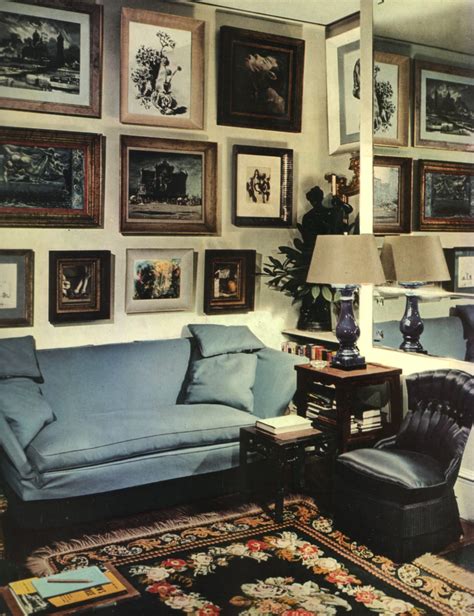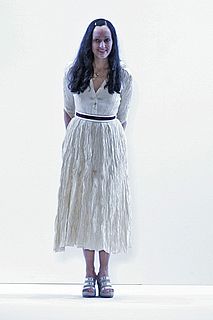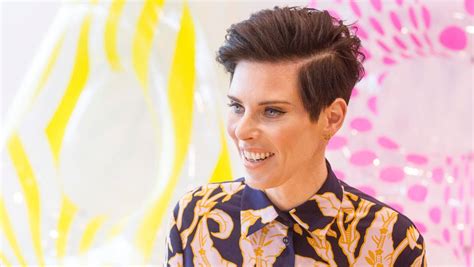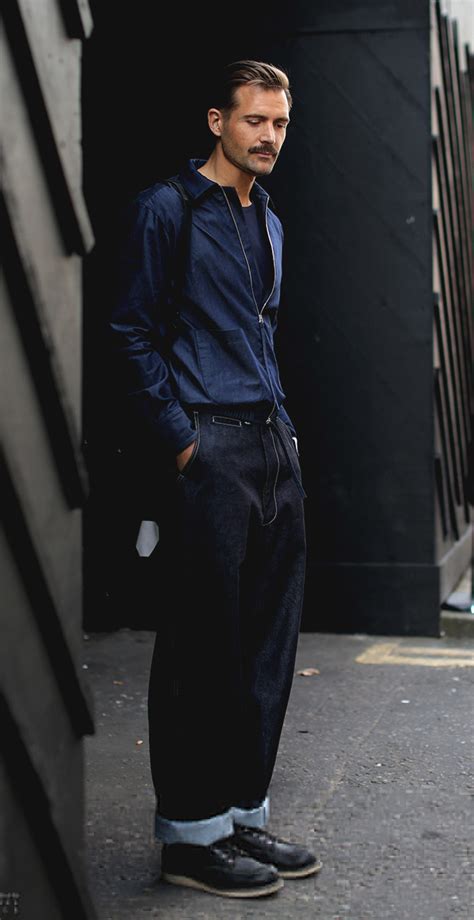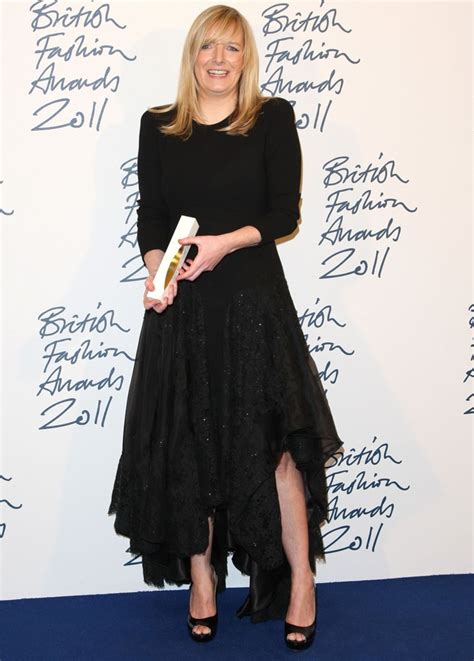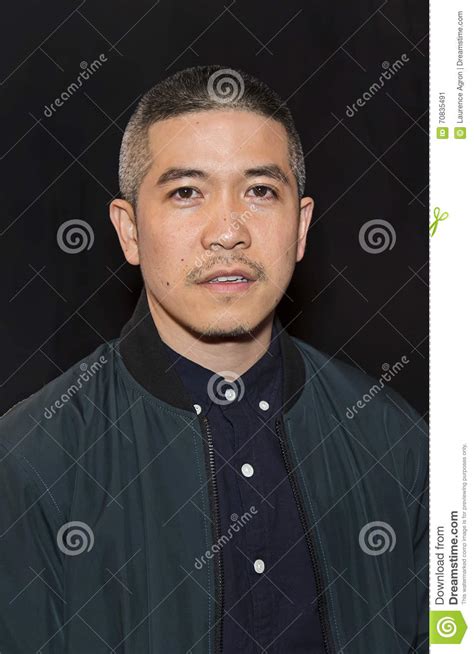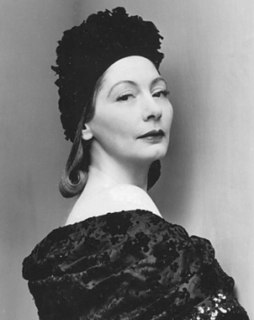A Quote by Van Day Truex
Training the eye is the most important way to gain an appreciation and understanding of good design in busienss management.
Related Quotes
Good design is innovative
2. Good design makes a product useful
3. Good design is aesthetic
4. Good design makes a product understandable
5. Good design is unobtrusive
6. Good design is honest
7. Good design is long-lasting
8. Good design is thorough, down to the last detail
9. Good design is environmentally friendly
10. Good design is as little design as possible
When we think of design, we usually imagine things that are chosen because they are designed. Vases or comic books or architecture... It turns out, though, that most of what we make or design is actually aimed at a public that is there for something else. The design is important, but the design is not the point. Call it "public design"... Public design is for individuals who have to fill out our tax form, interact with our website or check into our hotel room despite the way it's designed, not because of it.
Love and appreciation are identical vibrations. Appreciation is the vibration of alignment with who-you-are. Appreciation is the absence of everything that feels bad and the presence of everything that feels good. When you focus upon what you want - ;when you tell the story of how you want your life to be - you will come closer and closer to the vicinity of appreciation, and when you reach it, it will pull you toward all things that you consider to be good in a very powerful way.
When I was working at the game company, I wasn't just doing graphic design, I was doing the entire product management, so I would do the graphic design, I would create the advertisements, even the catch copies. I would figure out what kind of packaging and design of the packaging, so I was basically doing total product management at that time.
An empathic way of being can be learned from empathic persons. Perhaps the most important statement of all is that the ability to be accurately empathic is something which can be developed by training. Therapists, parents and teachers can be helped to become empathic. This is especially likely to occur if their teachers and supervisors are themselves individuals of sensitive understanding. It is most encouraging to know that this subtle, elusive quality, of utmost importance in therapy, is not something one is "born with", but can be learned, and learned most rapidly in an empathic climate.
